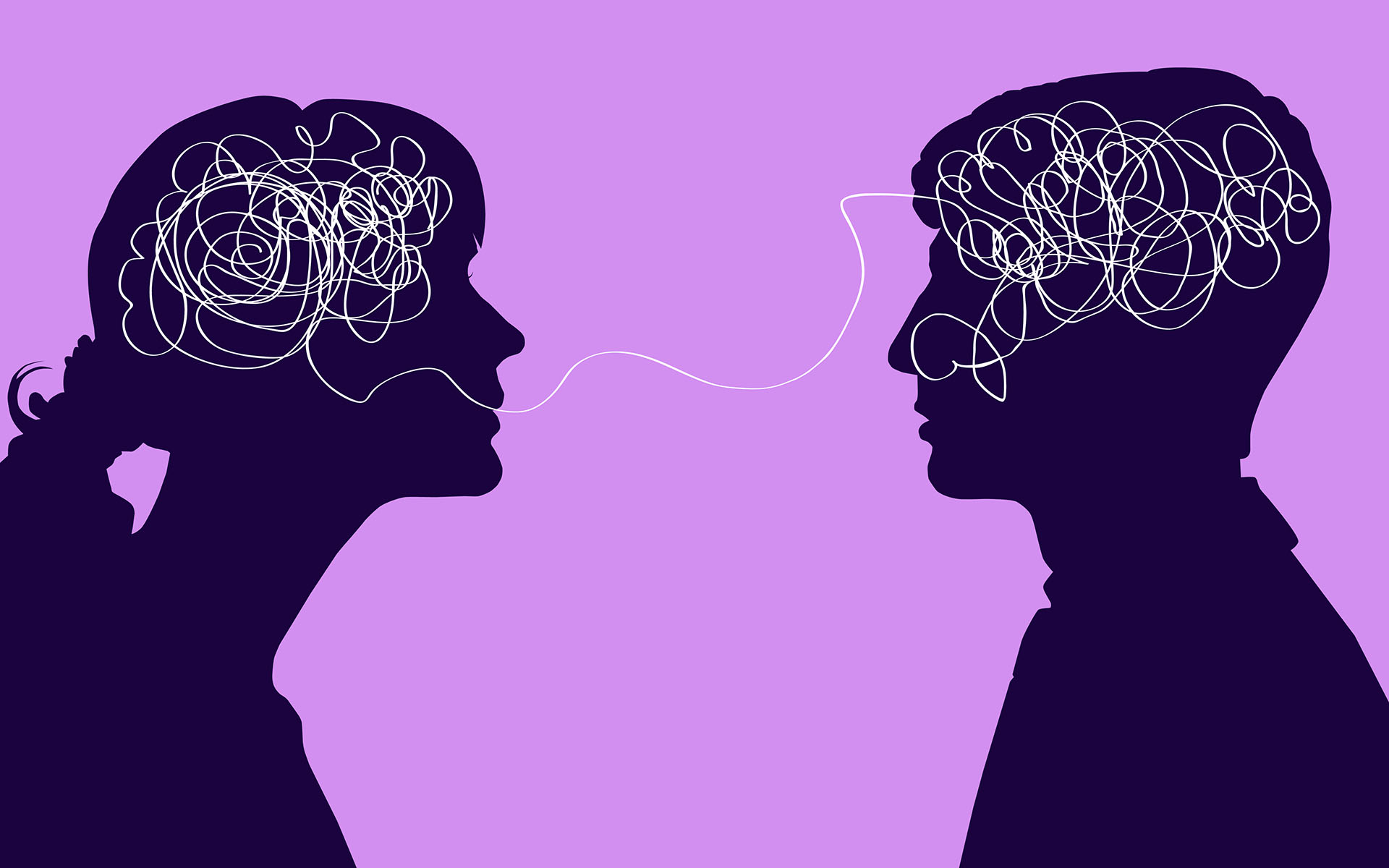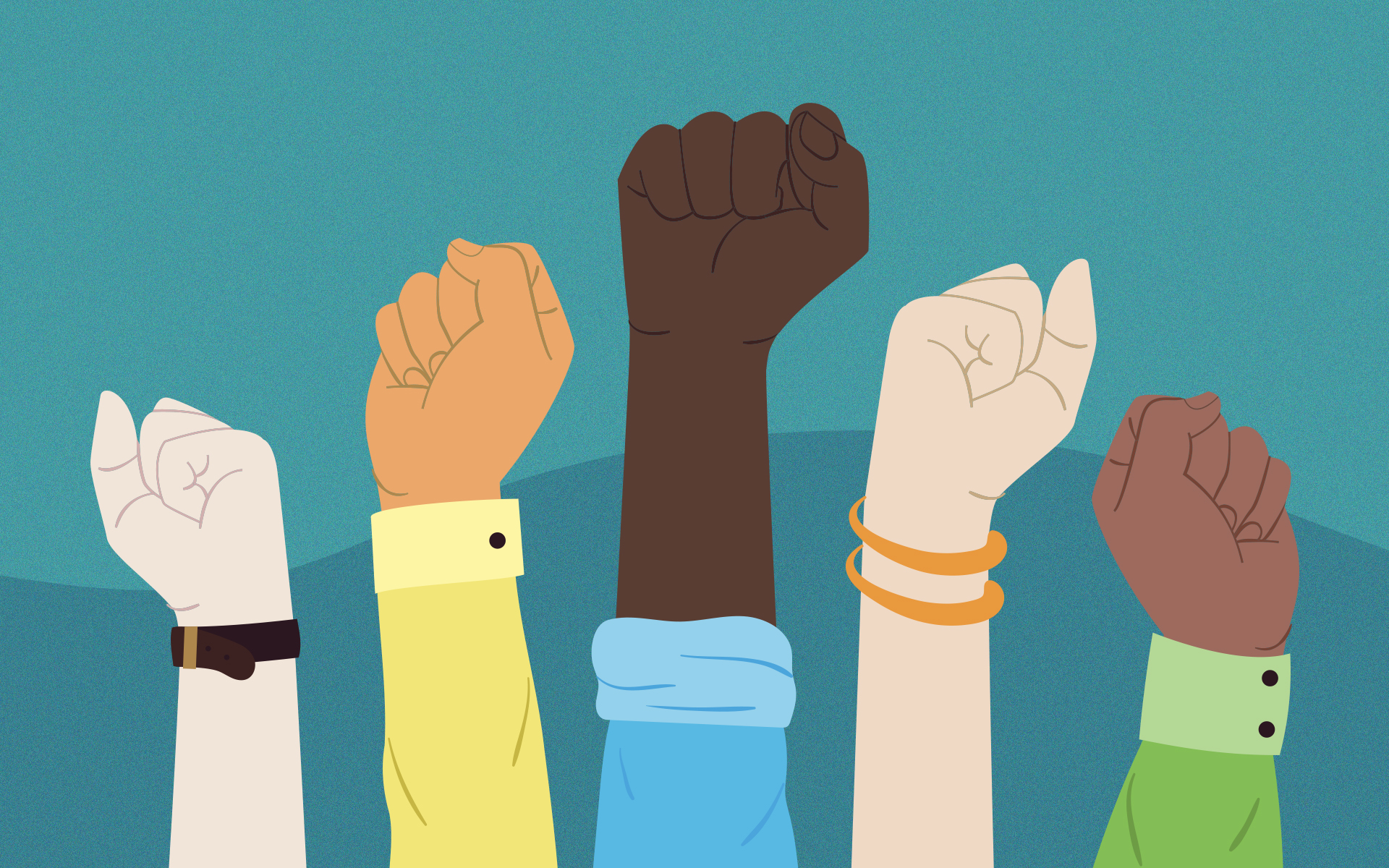When something goes wrong, our first instinct is to blame.
We experienced this last year during our family trip to Mexico (ah, vacations…remember those?). On our drive from the airport to the hotel, we were pulled over by the Mexican police for 45 minutes.
Then, our hotel room ended up sharing a wall with an all-night New Year’s Eve dance party, which meant that we (and our eight-year-old) slept, not at all. And then after moving to a new resort to escape the noise, we experienced two nights of raccoon invasions. Yes, you read that right. Raccoons crawled in through the windows of our room, opened the refrigerator and scattered our food everywhere.
Adding blame to already chaotic moments is like dumping gasoline on a fire. It just makes everything worse.
Needless to say, things didn’t go the way we had planned. And when this happened, we could both feel the urge to blame.
He should’ve been more careful when researching these resorts. She should’ve been more proactive about switching our room so we didn’t have to witness an all-night EDM dance party. Luckily, we were able to watch these thoughts arise, laugh at them, and avoid blaming each other.
It hasn’t always been that way. We’ve had plenty of arguments that devolved into the blame game. But here’s the thing: As you’ve probably experienced firsthand, adding blame to these already chaotic moments is like dumping gasoline on a fire. It just makes everything worse. So how can we avoid blaming our partner when things go awry?
How to Stop Blaming Your Partner When Things Go Wrong
1. It’s not personal
Imagine your partner spills a full glass of red wine on your lap during dinner. Or maybe they accidentally ram a shopping cart into the side of the car at the store, or they forget to check on the chicken in the oven and burn it to a crisp.
It’s worth remembering when things go wrong, that it’s usually not personal. It’s just the unwieldy flow of life, where things rarely go according to plan.
Blame happens when we take the consequences of accidents like this personally, and view these “bad things” as intentional attacks levied by our partner against us. So it’s worth remembering when things go wrong, that it’s usually not personal. It’s just the unwieldy flow of life, where things rarely go according to plan.
2. Shift from blame to accountability
But what about situations where the problem isn’t purely an accident? Perhaps your partner made a mistake that could have been avoided. When this happens, it’s almost impossible not to blame your partner. But we think there’s a better alternative: shifting from blame to accountability.
Instead of saying, “It’s your fault—what were you thinking?” use this opportunity to offer your partner some accountability.
How do you do that? It’s tempting to get caught up in stories about why your partner is wrong. It’s tempting to go off on a rant about how they should have known better. But if you want more love and connection, a better alternative is to create accountability by simply revealing your raw emotional experience.
Things often don’t go according to plan. We make mistakes. And random events outside our control can turn even the most ordinary day into utter chaos.
This sounds like, “I felt scared when you forgot to pick up our daughter from soccer practice” or “I notice that I get frustrated when you say you’re going to do something and it takes weeks before it actually gets done.”
Just like our trip to Mexico, where everything that could go wrong did, life itself is messy. Things often don’t go according to plan. We make mistakes. And random events outside our control (hello, COVID-19!) can turn even the most ordinary day into utter chaos.
When this happens, your first instinct may be to blame your partner. It may always be. The key is to notice this instinct and then shift by remembering that it’s not personal and that you can create loving accountability by revealing your emotional experience.
read more
Having a Tough Conversation? Try This 12-Minute Meditation to Reset
It’s not always the case that our formal mindfulness practice carries seamlessly into daily life—especially in conversations that spark tension. Shalini Bahl-Milne offers a practice to help you ensure you can be mindfully present for these difficult moments.
Read More
6 Ways Relationships Help You Thrive
Personal growth may seem like a solo pursuit, but it’s our relationships that bring out the best in us.
Read More
Good News: Our Emotions Aren’t Set In Stone
Emotions are changeable and culturally constructed—which means we get to choose how we feel about how we feel.
Read More










